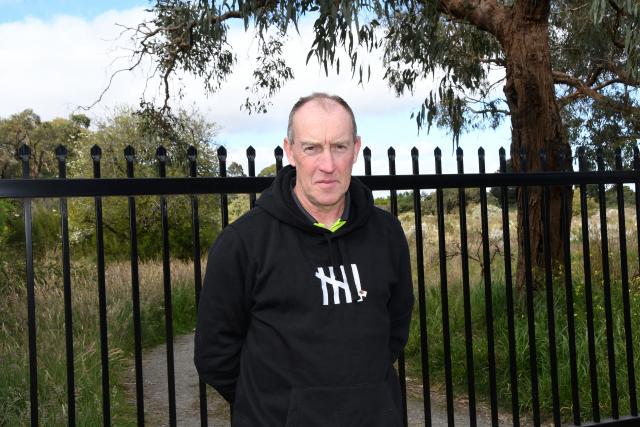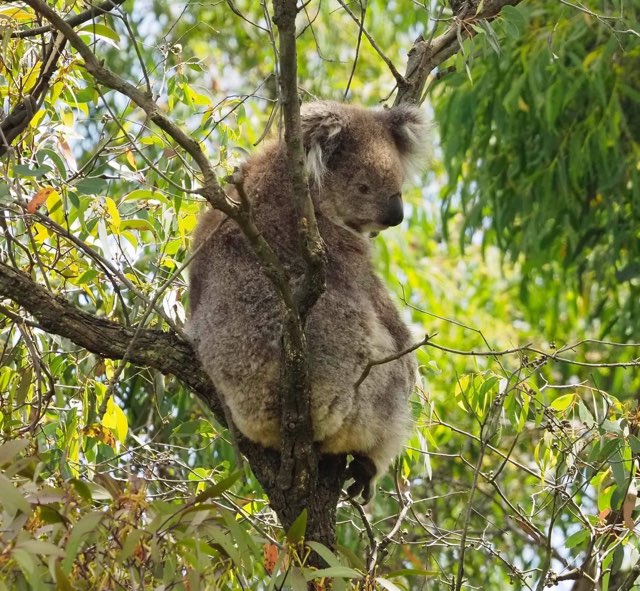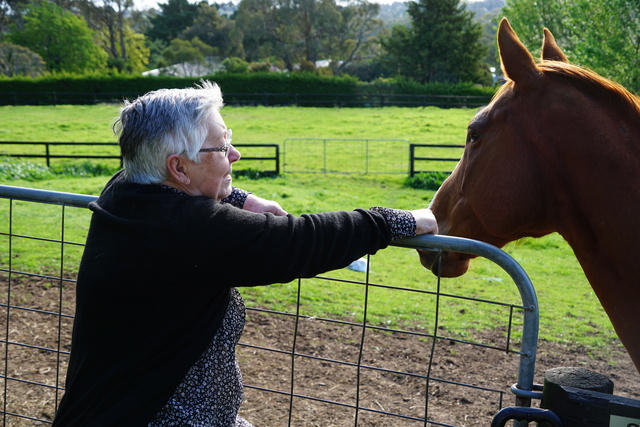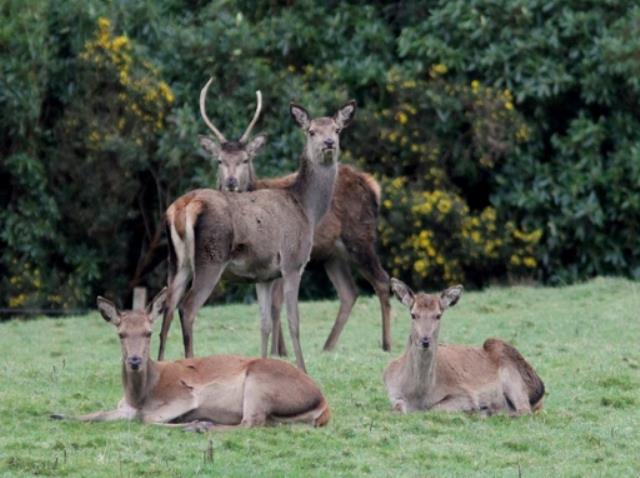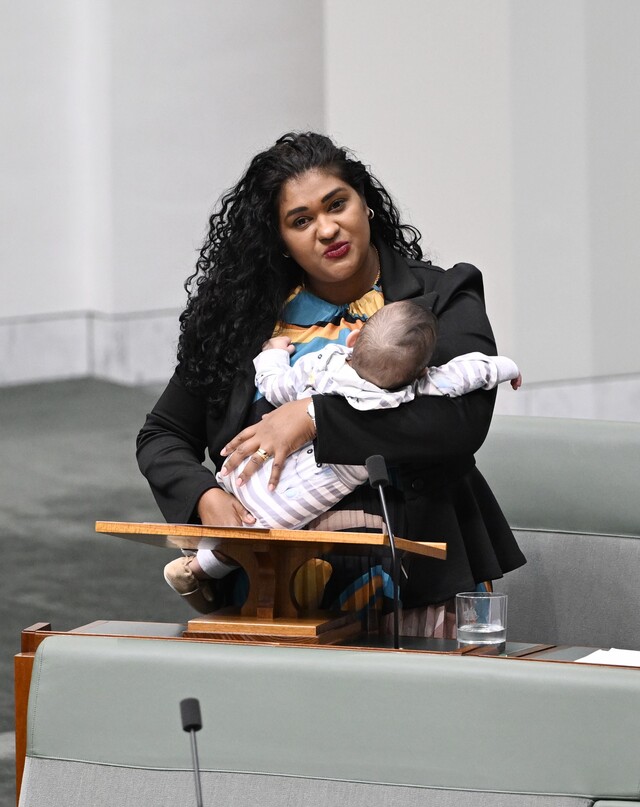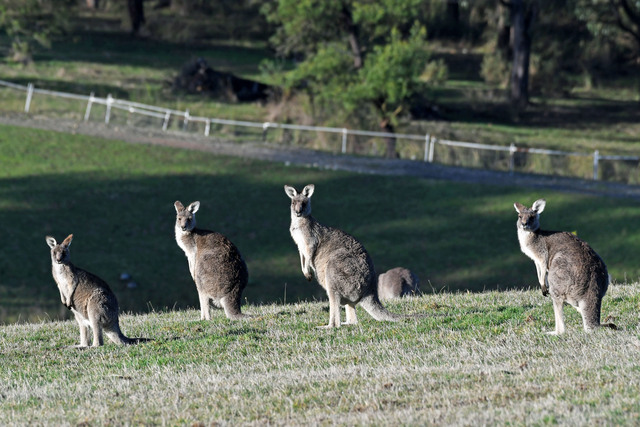Pearcedale residents have launched a legal fund ahead of a VCAT hearing against a large temple development in the Mornington Peninsula Green Wedge.
Non-profit multilingual Hindu organisation Melbourne Ayyappa Seva Sangam (MASS) is seeking construction approval for a place of worship on the corner of Dandenong-Hastings Road and South Boundary Road West in rural Pearcedale.
The $4.5 million project proposed by MASS will be constructed on ten acres of farmland with several temples, car parks, and facilities to host events to cater for over 1000 visitors.
The 2021 census data from ABS shows 368 people practices Hinduism in the Mornington Peninsula Shire, amounting to 0.2 per cent of the Shire’s population.
Locals and individuals from the broader community have established a Peninsula Green Wedge Protection Group to oppose the proposed development and advocate the protection of Green Wedge land across Victoria since February 2022.
Since the formulation of the Peninsula Green Wedge Protection Group, more than 800 members have joined the group.
There have been 333 formal objections since the submission of the planning application on December 2021.
Mornington Shire Council failed to make a decision within the required 60 days, and so the application has now been referred to the VCAT to bypass council and gain approval.
Peninsula Green Wedge Protection Group has created a fundraising page on GoFundMe to fund legal representation and key witnesses to support its case at VCAT.
Resident Craig Gobbi will represent more than 80 locals at the five-day VCAT hearing.
On behalf of Peninsula Green Wedge Protection Group, he said they were not against any religion and they had nothing but goodwill to the MASS and its members.
“We are happy for them to build a temple, but it needs to be not in a Green Wedge, an environmentally sensitive zone,” he said.
“A proposal such as this is incongruent with the surrounding area.
“Not only do residents value the rural landscape and amenity offered by the Green Wedge, but a major development such as this threatens the local flora and fauna, the bio-diversity of the site and has far-reaching ecological impacts.”
Mr Gobbi said the Green Wedge Zones were set up by the State Government 40 years ago, specifically for rural enterprises and conservation.
“It is for your horse, your agriculture, and your grown vegetables,” he said.
“You live the rural lifestyle out here.
“It is not for major developments.”
According to Department of Transport and Planning in Victoria, there are 12 designated non-urban areas across 17 municipalities around metropolitan Melbourne known as Green Wedge Zones.
Each Green Wedge Zone has unique features and serves particularly important functions including agriculture uses, forestry and land-based aquaculture, renewable and non-renewable resources, infrastructure sites, extractive industries, tourism and recreation features, built and natural heritage, and other environmental assets.
Prior to the Victoria Planning Provisions (VPP) by Amendment VC103 in September 2013, places of worship were prohibited uses in green wedge zones.
The 2013 amendment allows discretionary uses of places of worship that are considered appropriate.
Peninsula Green Wedge Protection Group is concerned the construction and future activities of the temple will destroy the significant environmental values of the proposed site.
The group says the site is a relatively natural bush block designated Green Wedge Zone 2 and is covered by an Environmental Significance Overlay (ESO2), status “Endangered Grassy Woodland”.
“The site includes valuable vegetation providing wildlife habitat and a wildlife corridor that connects surrounding areas, including the nearby Tyabb Bushland Reserve,” the group states.
“Native wildlife seen here includes possums, koalas, snakes, tawny frogmouths and powerful owls.
“A body of water at the lower end of the block provides habitat for a range of aquatic birds including ducks, cormorants, herons, and egrets.”
Another concern of the group is the proposed site falls within the Watson Creek catchment.
Runoffs with contaminants and pollutants from the intense site activities will flow from the catchment zone into the Ramsar-listed Westernport Bay and the Yaringa Marine National Park, causing devastating consequences to marine life and migratory birds, the group argues.
“A development of this scale will irreversibly change the nature of our unique and fragile landscape.
“It will override Mornington Peninsula Planning Scheme objectives and contradict Green Wedge environment protection policies.
“It will disregard Environmental Significance Overlay directives and compromise Ramsar agreements.”
Mr Gobbi said the temple would be just a nightmare for anyone who lives within two kilometres of this place.
“With the worship activities seven days a week and two 24 hours events per year planned, the community is very concerned about noise levels and the effects that will have on residents’ stock and wildlife,” he said.
“There are two bell towers that are 11 metres high.
“This is a residential rural area. A lot of people have horses and animals. That will just set them off.”
Mr Gobbi said the traffic implication also needs to be taken into account.
“The proposed development is located on the bend of a single lane section of Westernport Highway with a 100km per hour speed limit,” he said.
“Cars will need to turn from here into a small dirt road to access the site.
“It’s just gonna be dangerous, especially with the amount of traffic expected.”
Pearcedale residents are not the only cohorts who show a degree of concern for the large-scale places of worship development in Green Wedge Zones.
A Planning for Melbourne’s Green Wedges and Agricultural Land (PMGWAL) consultation paper in 2020 shows since 2014, 34 applications have been submitted for places of worship on rural land across the Green Wedge Zones.
“A range of faiths and cultures have sought to establish community facilities in relatively remote locations where land is relatively affordable and can accommodate large gatherings without causing nuisance,” the consultation paper states.
Nearly 40 per cent of all permit applications for new places of worship in the Green Wedge Zones have been appealed to VCAT as they are considered to erode green wedge and peri-urban values, character and landscapes, result in loss of productive agriculture land, and create conflict between urban and non-urban uses of land.
The Peninsula Green Wedge Protection Group states that approval of the Pearcedale development will set a dangerous precedent and invite similar proposals for other large, inappropriate buildings and intensive activities within the Mornington Peninsula Green Wedge that destroys the landscape and severely compromise the environment and rural amenity of the area.
“It is vital that this development is rejected,” the group says.
“There is no need for this development to be constructed in a Green Wedge Zone.
“Building usage and parking requirements would be better accommodated in an urban environment where infrastructure such as roads, sewerage, and accessibility via public transport are already in place and where excessive noise and lighting will neither harm wildlife nor disrupt nearby residents and livestock.”
MASS has been contacted for comment by Star News.
The upcoming VCAT hearing will run from 19 to 24 February in 2024.
A compulsory mediation meeting is scheduled on 22 November for all parties to try and negotiate a middle ground.
To support the protection of Mornington Peninsula Green Wedge Zones, visit their GoFundMe page: gofundme.com/f/save-pearcedale-and-our-green-wedge

